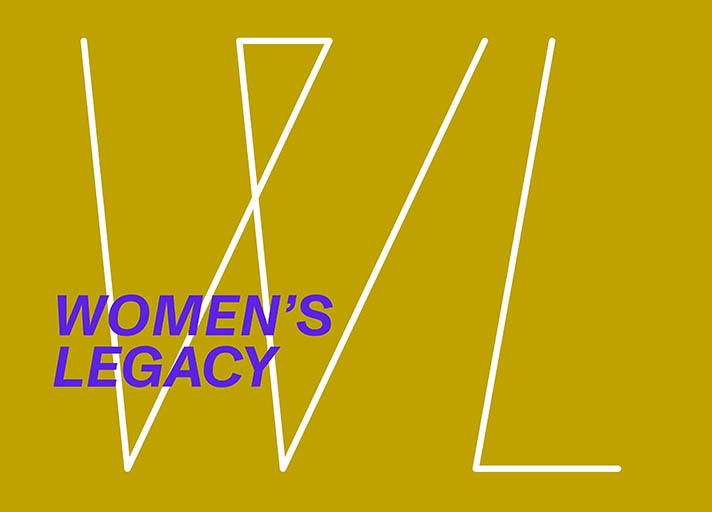In her speech she explained the three routes through Bilbao, based on three studies, carried out in three consecutive years, 2016-2017-2018, in which the trades and jobs of the women in the 718 years of the City’s existence and their contributions to the development of present-day Bilbao are recovered. Three interpretative tours through different historical points of the city, in which tangible and intangible heritage are intertwined.
Among the objectives, she highlighted the need to identify, recover and protect women’s cultural heritage, their jobs, chores, experiences, thoughts, opinions, etc. through the reinterpretation of history, in order to put an end to the masculinisation of history and the invisibility and lack of recognition surrounding women and their contributions.
She underlined some of the obstacles in carrying out the research, such as the lack of sources, of objective data on women, concealment behind the names of men (widow of, daughter of, wife of…), the male chauvinist interpretations of existing data, the low male involvement in these activities…
Concrete proposals:
- Equality policies and equality actions must be cross-sectional regarding the entire activity of the public administration, not just carried out from the areas of equality.
- This activity should seek social justice, that is to say, to highlight and revalue the material and symbolic contributions of women in all spheres. To vindicate their achievements and eliminate gender stereotypes.
- There is a need for a critical analysis of socio-cultural relations in past and present societies. To analyse power relations, positions of subordination, obstacles (regulatory, social…). The relational part of any experience.
- To produce “epics” for women. Reference models.
Natalia Rández Equality Technician at the Bilbao City Council



0 Comments